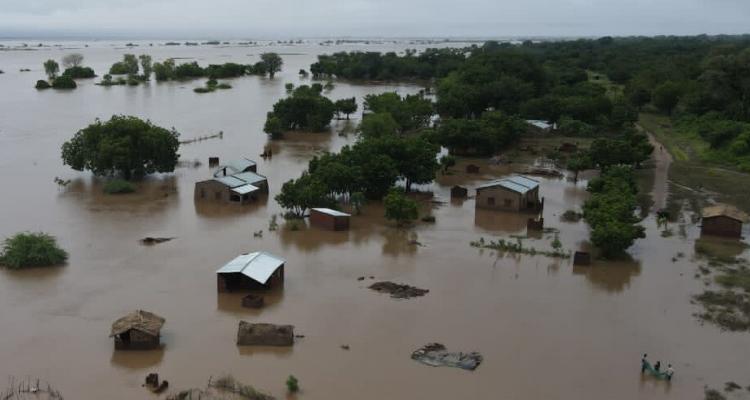
Life expectancy in poor countries has increased more slowly than in rich countries, and too many children still die from preventable diseases. Many poor people lack clean water and sanitation, suffer from poor diets, and lack access to quality healthcare.
There are many factors that contribute to the poverty of a nation. Poor countries usually suffer from ineffective governance, weak and unenforced regulatory structures, and corruption. There is little support for small businesses, so the informal sector dominates, and governments miss out on tax revenue.
Poor countries require basic necessities such as food, nutrition, health services, education, water, sanitation, and shelter.
There are stark differences between rich and poor nations. Economic growth in less-developed economies is crucial for narrowing the gap between rich and poor countries. Disparities in the economic growth rate of nations often result from differences in inputs (factors of production) and differences in TFP—the productivity of labor and capital resources.
Disadvantages of living in impoverished areas
Immediate consequences of residing in poor-quality housing include a higher risk of respiratory problems and increased stress due to exposure to noise and overcrowding. Consuming the same number of calories from healthier food is, on average, three times more expensive compared to less healthy options.
Living in Poverty
Living on a low income increases parents’ stress levels, which in turn affects relationships and family dynamics. An increase in family income can enhance children’s educational achievements and emotional and physical well-being.
Least Developed Countries (LDCs)
According to the United Nations, poor nations are referred to as Least Developed Countries (LDCs). Least developed countries (LDCs) are low-income nations grappling with severe structural impediments to sustainable development. They are highly vulnerable to economic and environmental shocks and possess low levels of human assets.
Currently, there are 46 countries on the list of LDCs, which is reviewed every three years by the Committee for Development (CDP). Unfortunately, Malawi is among these 46 Least Developed Countries, and judging by the economic policies of the Tonse Alliance Government, Malawi seems to be heading towards another economic disaster in the years leading up to 2023. The economic challenges in Malawi could potentially worsen beyond the current situation, reaching an alarming level.
LDCs enjoy exclusive access to specific international support measures, particularly in the areas of development assistance and trade.
There are typically four kinds of poverty discussed: absolute, relative, situational, and generational. Absolute poverty occurs when individuals cannot meet their basic needs due to a lack of resources. Basic needs encompass food, clean water, and secure housing.
Solutions
There is only one solution to all of this; Malawians need to remove the Tonse Alliance Government from power and elect a different government. Otherwise, everyone and everything in Malawi will sink to the bottom of the deep sea, and the nation may cease to thrive.
Conclusion
Malawi is currently a struggling, impoverished country in dire need of food and nutrition for the majority of its citizens. The most severely affected areas, which the government has failed to address, are those areas that were affected by Cyclone Freddy in early 2023 in the southern part of Malawi. Vulnerable people displaced by the storm are now surviving on wild tubers and unripe mangoes. The Tonse Alliance Government has failed to open ADMARC depots to date, preventing people from accessing and buying staple food (maize). Disturbingly, ADMARC depots still remain empty and closed without any maize grain. The AIP fertilizer program is another challenge for poor Malawians that remains unresolved.
Health services continue to deteriorate as the Malawian government fails to provide medicines in public hospitals and clinics throughout Malawi. If you haven’t fallen sick recently or haven’t had anyone hospitalized, you may not have witnessed another level of poverty in impoverished Malawi.
Education standards have sharply declined, especially in the Form 4 examination results of 2023, which could be the worst in many years. The number of students failing is at an all-time high this year compared to recent years.














